Cases
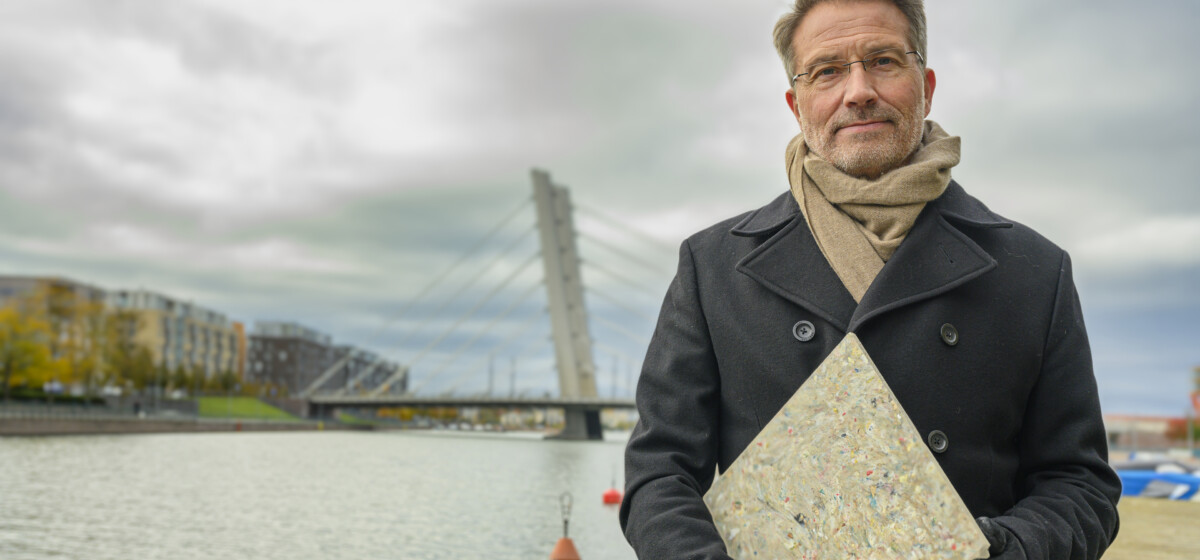
Climate neutrality
RiverRecycle in business collecting plastic waste from badly polluted waterways
Published:
Mr Anssi Mikola holds a piece of construction board in his hand. It has been made of plastic waste, collected from Vietnam. Persistent work lies behind riverine plastic refined this far. And the work includes a great deal that has been learnt internationally.
It has to be possible to clean the oceans from plastics. This was the thought behind the company RiverRecycle, founded by Mr Mikola. His idea to solve the problem is simple and brilliant: to prevent plastics drifting into the oceans, you put barriers in rivers transporting them.
His thoughts were elevated in Indonesia. Mr Mikola heard about the local waste problems, but there was no riverine waste problem – as it was expressed. Nevertheless, the rivers were filled with plastics. To avoid landfill fees, locals throw away worthless trash into the rivers. This does not bother the local authorities either, as the river takes the waste elsewhere.
Reducing the plastics that pollute water sources did not raise any interest until Mr Mikola was able to present a plan of financial gain. It was possible to circulate plastic waste if it is recycled into new materials, like those that can be used for construction.
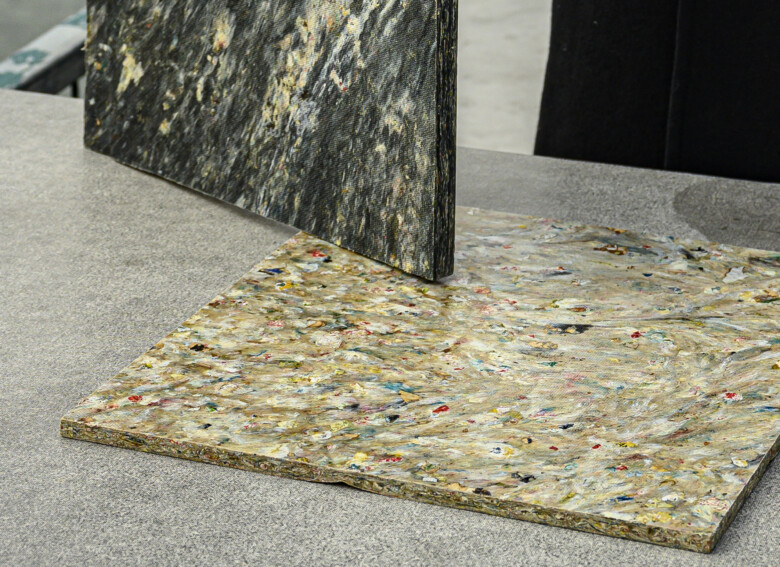
The basic idea is to get the local inhabitants to understand the possibilities to recycle and reuse the waste. If you succeed, they will not throw away trash in the river, but bring them directly to the waste collector and further on to a waste treatment plant.
There is still a long way to go for a sustainable river cleaning, and the barriers of RiverRecycle are still badly needed in globally polluted rivers. Mr Mikola aims for the barriers to become unnecessary when managing waste in a circular economy is truly possible. But that will take at least decades.
Long negotiations with many partners
Besides Indonesia, RiverRecycle is currently collecting plastic trash in Ghana, India and in the Philippines. Bangladesh is to follow.
– We were supposed to start collecting plastic waste in Bangladesh in March 2023, but the ordering rules are more complex than we were able to understand in the beginning, Mr Mikola says.
He is used to seeing plans change many times over. It often calls for negotiations with at least the city, the administrative authorities, the state and financiers to get the barriers in the right spots. Many other partners are usually involved.
Seven rivers instead of one
There is more than enough raw material for the plants re-using plastic trash. RiverRecycle has a partner in Vietnam that is using plastic waste as the raw material for construction boards. A similar form of cooperation is about to begin in Ghana, the Philippines and Bangladesh, as well.
– In Ghana our equipment stands ready for work, but our problem is the lacking electricity.
The business is filled with surprises. As an example of surprises to encounter is a Philippine case, where it was not possible to put barriers as planned, as the water hyacinth would have spread into the whole river and consequently destroy the equipment.
It was consequently a better solution to clean the seven side streams, from where most of the plastics originate.
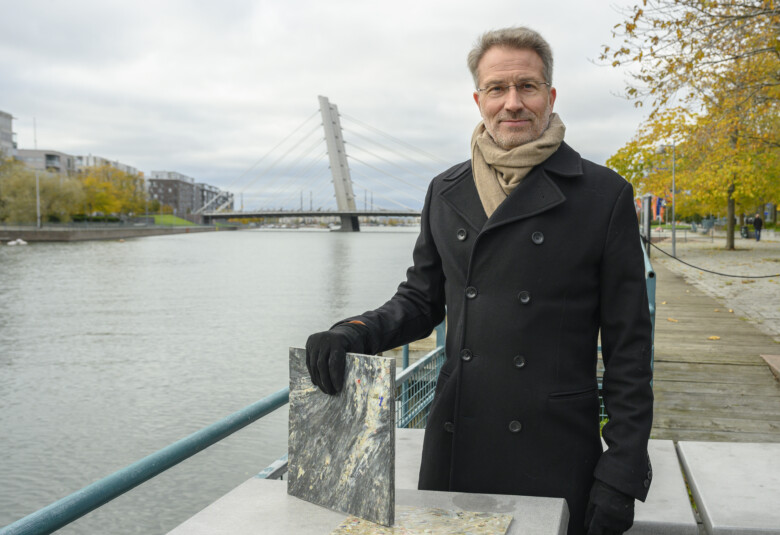
First meetings easy
Even if the plan needs to be changed “on the fly”, one phase is easy enough – that is the first international contacts. By calling the embassies, Mr Mikola got in touch with the stakeholders in Indonesia, the Philippines and Vietnam.
– The timing for the Philippines was perfect, as the Finns had just had a circular economy report made there. Any possible stakeholders interested in circular economy had been contacted, and I went to meet them all. I had 14 meetings on my two-day agenda, and they all went really well.
Octopus Strategy
Mr Mikola tells about him learning the Octopus Strategy when expanding globally. To succeed, a company needs to know its environment carefully and to act accordingly. That is what it means in practice. The octopus is known to change its colour according to its environment, as a form of adaptation.
RiverRecycle learns about the local organisational culture and builds consortia enabling it to advance and providing the right way to act at each location. The tentacles of an octopus can be bent into the most imaginary positions, if needed.
Regulations vary from a country to another. In India, for instance, the company would not be permitted to act without cooperating with a local charity organisation. The organisation is granted funding, and RiverRecycle is its subcontractor. When the operations have started, the company creates the markets and continues with the business activities even when the organisation leaves the activities.
Other partners are, among others, waste collections undertakings and packaging companies.
Growth-seeking company
RiverRecycle is one of the companies in the Helsinki-Uusimaa Grow Path programme. Companies chosen to participate in the Programme will receive free sparring as encounters with experts, various other forms of contact and cooperation possibilities to develop and increase their operations.
Out of 200 participating companies, RiverRecycle was chosen among the 60 most promising ones to compete for the Growth Company of the Year Award.
Mr Mikola finds the programme excellent.
– An entrepreneur stays easily in his or her own box. It is valuable when an outside expert can have a look on what is done and what could still be done.
As an example of a concrete benefit Mr Mikola tells us about a possible cooperation partner, a fabric supplier for the barriers. Thanks to the new cooperation partner it would be possible to build the barriers on site. This would be a clearly smoother and cheaper way to operate.
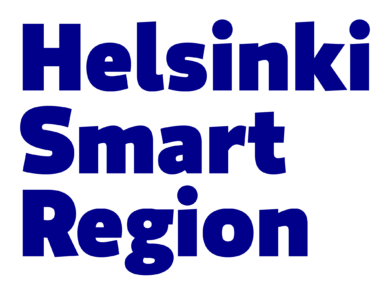






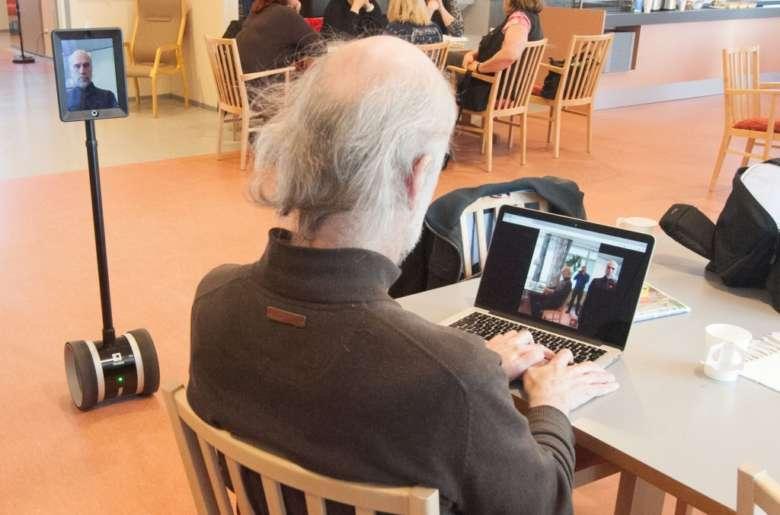
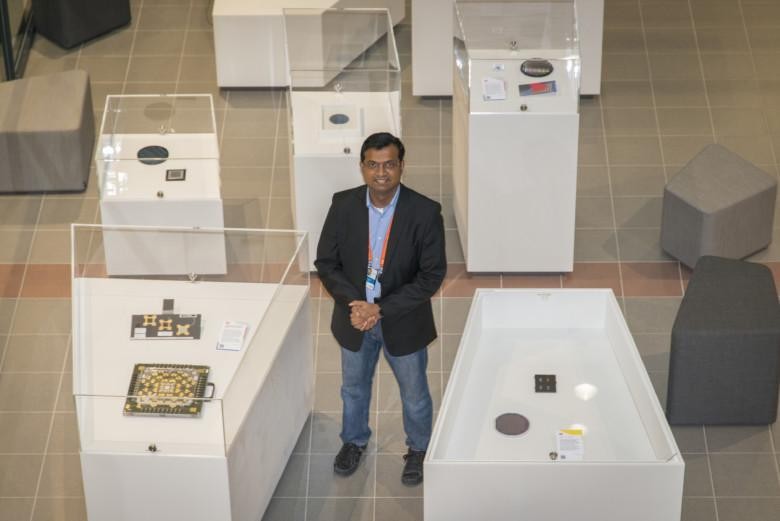
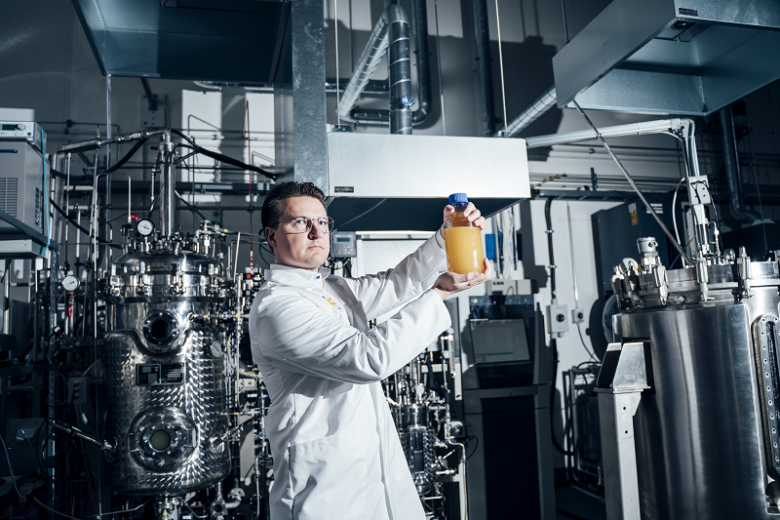
 Return to listing
Return to listing